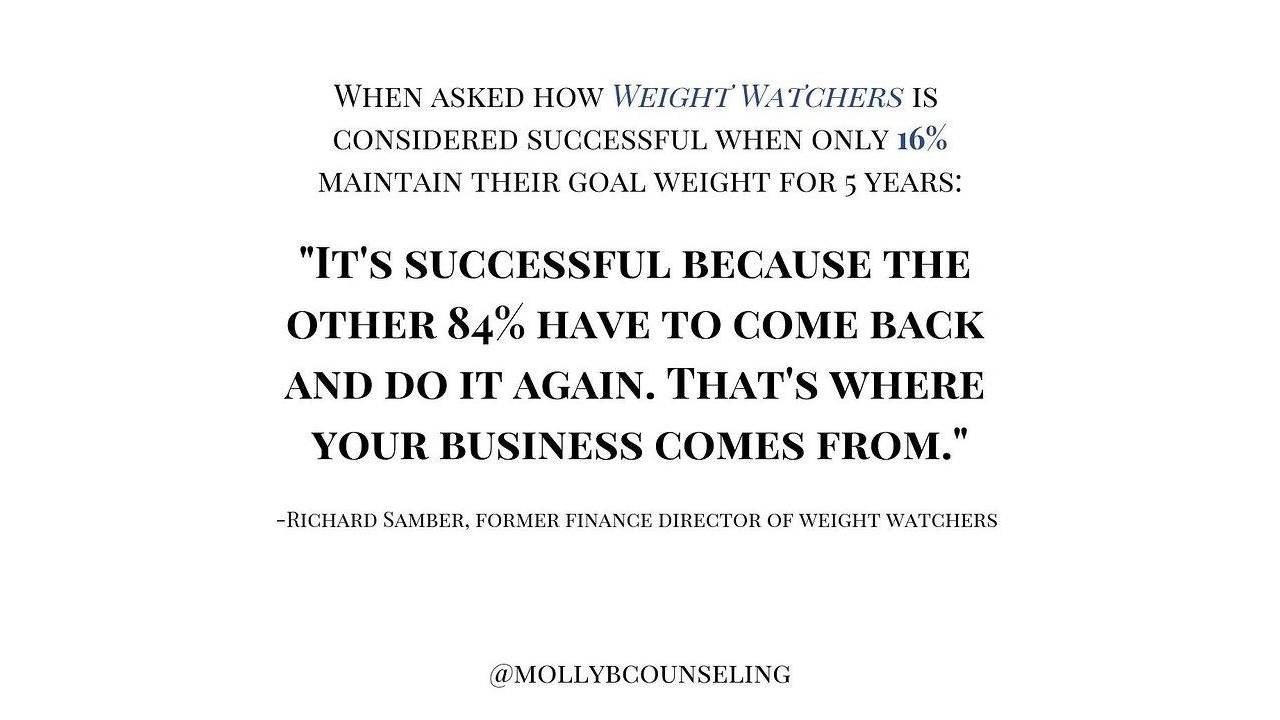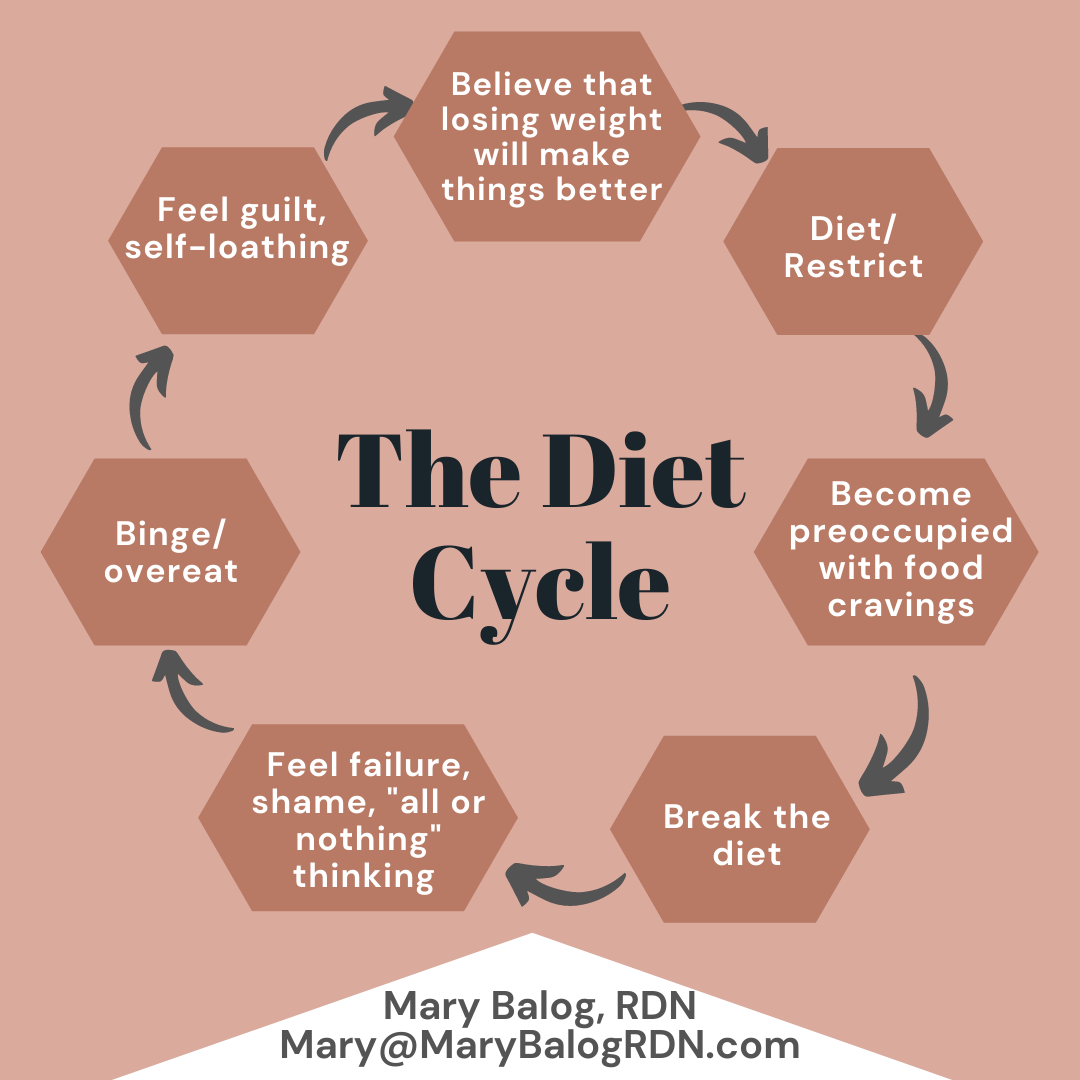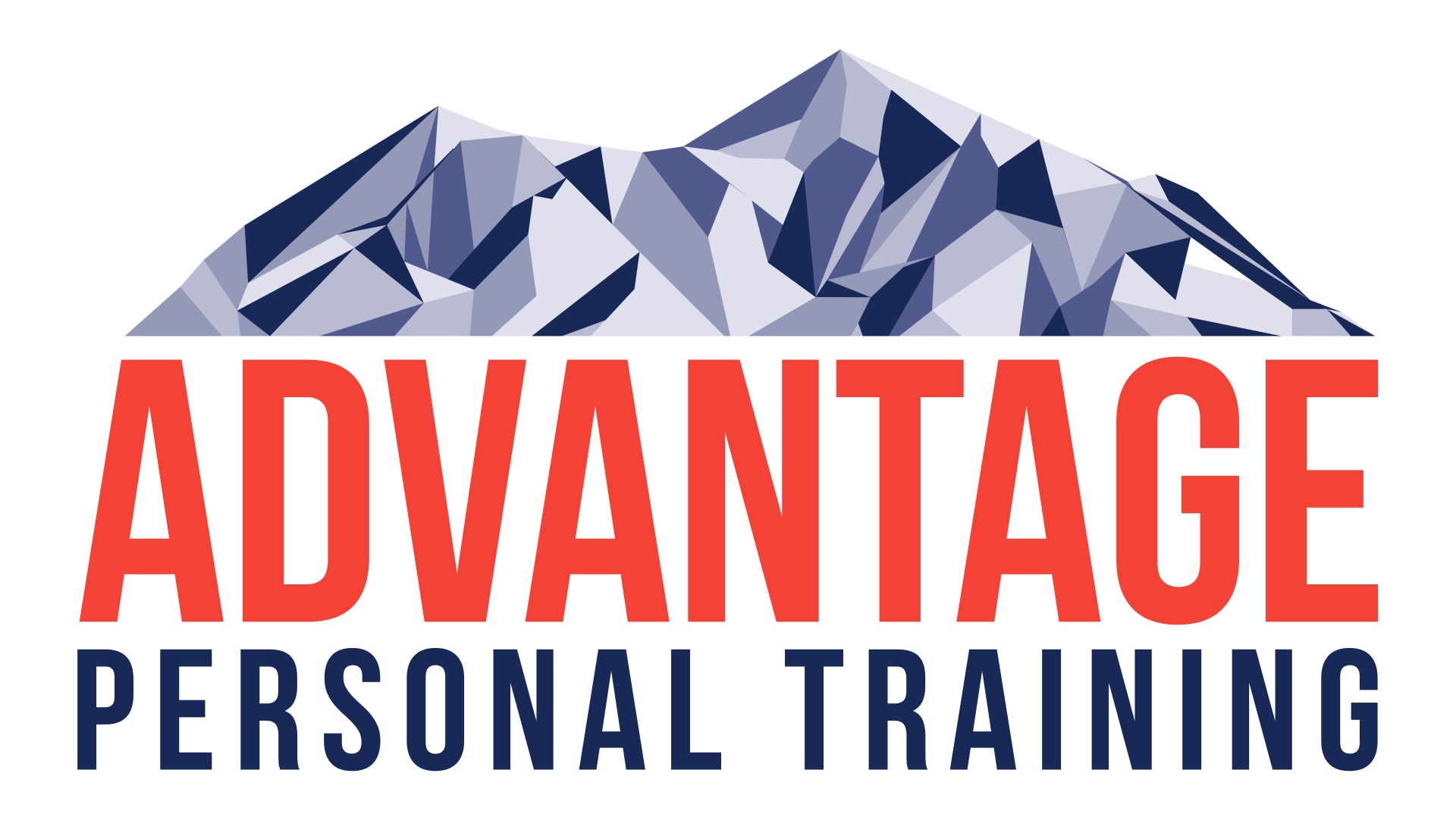The Elite Performer Pyramid: Parenting for Excellence in Sport and Life
Parents of young athletes have a tough job these days. They are charged with the task of nurturing, teaching, motivating, training, and navigating their young athletes through an increasingly complex and competitive youth sports landscape. All parents have the best intentions for their children and want to push them to perform at the highest levels. Unfortunately, if young athletes are not supported properly, parents may inadvertently push players too far, too soon, only to end up with a child who grows to hate the sport (or activity) he once loved. While reaching for the stars is great in theory, it takes a special set of circumstances to make it great in practice. Coaches know countless stories of children and adolescents who dominated the game at an early age only to fizzle out due to exhaustion, or simply get passed up by less talented players who steadily improve year after year. This leaves many coaches scratching their heads wondering how such a talented young player could lose the love he once had for the sport, or how he could fade from being a standout player to being average among his peers. It takes an even greater toll on the ambitious parents of that athlete who have been grooming him for elite performance since he started playing the game. So how can parents support their children to help them attain elite performer status in sports and in life?
The truth is elite performance doesn’t just come from extraordinarily talented athletes. Top athletes possess a support structure that enables them to remain firmly in the elite zone for extended periods of time. This support structure is not fixed. As the level of the athlete grows, so too must the support structure. The higher the athlete goes up the competitive ladder, the more solid the foundation must be to resist toppling. Elite performance is the tip of a pyramid that must be supported by a wide stable base of positive environment, mindset, drive, nutrition, and training. Parents and coaches have the responsibility to foster the lower base elements to allow our athletes to achieve elite performance. Without a strong base of motivation, a nurturing environment, and the proper mindset, the athlete will not put the correct emphasis on nutrition and training. In turn, without proper nutrition and training, the athlete will not achieve elite performer status. So it becomes clear just how important each building block is toward the highest levels of performance.
Environment
A stable, nurturing environment is a must for youth athletes on a path to elite performance. Needs must be met at home before athletes are able to pursue ventures outside of the home. Basic needs are food, shelter and security and having these needs creates a foundation which supports overall development. In addition to these basic needs, an athlete’s environment must be one that encourages him to thrive. In Geoff Colvin’s book, Talent is Overrated , he cites a study indicating that the most engaged, alert, and attentive students come from a home that is both supportive AND stimulating. If one of those elements is missing, the result is a student who has low interest and low energy when it comes to studies. Engaging and supporting young athletes at home can provide a key element in the journey towards elite performance, and that is perseverance. There will inevitably be great challenges along the way, but when an athlete has been raised in a supportive and stimulating environment, he is more likely to have the tools to push on and overcome each challenge, creating a resilient, driven person.
Drive (Motivation)
An uninspired, unmotivated athlete does not possess the drive to achieve elite performance. The desire might be there, but without the willingness to take action that desire will remain a “wish”. Motivation is a key building block towards elite performance because, like a wind at a runner’s back, it can propel an athlete to push forward, constantly helping him reach for that next step. Drive is what pushes athletes to practice new skills and push beyond mental and physical comfort levels, but how do we ensure we equip our athletes with the drive necessary to pursue elite performer status?
There has been an extraordinary amount of research done in the field of motivation, and most of the newest ideas are leading us away from the “carrot-on-a-stick” extrinsic motivators (“If you take out the trash, I will give you $5”). This type of motivation rewards (or punishes) results without taking the process into consideration. In most cases, these extrinsic motivators will work in the short term, but long term creativity, performance, and motivation will suffer once sensitivity to the reward decreases. To create lasting motivation, goals should be intrinsically oriented. This means the pursuit of excellence itself is the reward. Drive , by Daniel H. Pink is book that sheds light on the elements of true motivation-mastery, autonomy, and purpose.
- Find ways to turn every day activities into opportunities to approach mastery by providing learning goals for athletes rather than performance goals. After each day, focus on what he learned rather than what he did.
- To ensure autonomy, let your athletes have free time or at least a say in what will be done at practice. To parents who are used to barking from the sidelines or drilling endlessly to “make use of free time”, you may be doing more harm than good by taking away your athletes autonomy, an essential ingredient to intrinsic motivation.
- Instill a sense of purpose for activities by relating them to “bigger picture” values and ideals. A perfect example of this is the Tom Sawyer Effect. When Tom was ordered to whitewash Aunt Polly’s fence, a tedious and time consuming task, he tricked (motivated) his friends to not only paint it for him, but pay him for the pleasure of doing so. There is no doubt a parents have to get creative here, but by creating a more substantial purpose for practice or other activities that might be considered “work”, they help their athletes pursue goals for intrinsic reasons.
Mindset
From the research of Columbia University researcher Carol Dweck comes the most powerful (and most pliable) building block to support elite performance. In her MUST read book, Mindset: The New Psychology of Success , Dweck distinguishes 2 different attitudes; the fixed mindset, and the growth mindset. Those who are in the fixed mindset see abilities such as creativity, intelligence, athleticism, and artistic ability as a fixed value. Essentially, they say you’ve got what you’ve got and there is not much hope of improving those abilities. In the fixed mindset, a person who gets good grades in school is “smart”, and a good soccer player is naturally talented or “athletic”. The problem with this position is people in the fixed mindset see themselves as “smart” or “athletic”, and it becomes their identity. Because they feel they already possess that trait, they take any failure in that domain as a defeat and an assault to their identity. A person who has been told they are “smart” will tend avoid effort in studying because that would mean they weren’t smart. To them, effort equals weakness. This causes those in the fixed mindset to shy away from challenges so their identity will not be called into question. This is what will keep the fixed mindset athlete from achieving prolonged elite performance. Fortunately, mindset is highly pliable. A person’s mindset can be changed simply by phrasing one sentence differently. Most of the time, when parents praise young athletes, they phrase those compliments in the fixed mindset. For example, “Wow, you got an A on your test! You are so smart!” or “You got that math problem right away. That came so easily for you. You are a natural!” This may seem positive on the surface, but problems arise when that student gets a C on a test, or a math problem doesn’t come easily. They begin to doubt their identity and avoid challenges in order to regain a hold on their special ability.
Compare that attitude to the growth mindset. In the growth mindset, people see failure as a lesson for how to improve. If they did not succeed, it’s not because they don’t have the capacity to do so, but because there was an error in preparation or lack of practice. Instead of viewing themselves as having a fixed amount of something, people with the growth mindset feel they have the potential to improve a particular set of skills by engaging in what Daniel Coyle refers to as “deep practice” in The Talent Code. In deep practice, people concentrate on a particular skill and work to hone it, paying particular attention to mistakes and how to correct them. By viewing themselves as able to grow and improve, those in the growth mindset never truly feel defeated, but become motivated to seek why failure occurred. The beauty of the growth mindset is that it can be turned on in a single sentence. One university study gave children an identical task with only one difference in the introductory paragraph. For one group of children, the directions included the sentence “We want to see how smart you are,” a fixed mindset statement. For the other group, that sentence was replaced by “We want to see how you work through problems,” a growth mindset statement. Amazingly, that one sentence was enough to create a higher success rate among the growth mindset group. Additionally, those put in the growth mindset in the beginning were more likely to try the more difficult problems, while those in the fixed mindset tended to shy away from them. The lesson here is, make an effort to keep kids in the growth mindset by offering the correct tasks or feedback. An example of a growth mindset statement is “Great job on that test, you must have really prepared well,” or “You have gotten faster with your flash cards, I can tell you have been practicing.” By focusing on the process that leads to the outcome, not the outcome itself, you set your child up to be more confidant, more persevering, and more likely to take on new challenges.
Nutrition
Nutrition is on the second level of the Elite Performance Pyramid because in a country that has so many poor food choices, it takes a commitment to ensure athletes have the highest quality fuel. The commitment to proper nutrition is supported by the strong positive environment, intrinsic motivation, and growth mindset created in the base of the pyramid. There are many ways to improve nutrition, but in the interest of keeping things concise, it makes sense to boil nutrition down to the most basic approach to eating. That approach is the whole foods approach. The term “whole foods” is used to describe foods that are close to the earth, solar powered, and unprocessed. Foods that are grown or animals that eat their ideal diet (cows eat grass, not grain; chickens are omnivores, not vegetarians) should make up the core of a healthy diet. A recent article in Outside Magazine entitled “The Secret Food of Athletes” describes the approach of dietitians at the Olympic Training Center in Colorado Springs, CO.
“…dietitians at the OTC push a whole-foods philosophy for an athlete’s core diet, with a heavy emphasis on organic, sustainably produced fruits and vegetables, lean proteins (like chicken and fish), healthy fats (like avocados and olive oil), and complex carbohydrates (like steel-cut oats and sweet potatoes) that ensure a steady stream of nutrients to training-ravaged bodies. The quality and quantity of vitamins, minerals, antioxidants, fiber, and phytochemicals provided by fresh whole foods simply can’t be matched by processed alternatives, no matter how sophisticated that protein shake may appear.”
The best place to find the foods mentioned in the article above is your local farmers market. There you will find fresh foods produced locally in a sustainable way. Let’s quickly touch on the “Organic” tag. Many local farmers produce their…um…produce according to organic principles without the use of chemical fertilizers or pesticides, however they cannot label the food as such because it is extremely expensive to use the “Organic” label. It involves a complete USDA inspection and a hefty price tag, so it is seldom a cost effective option for local growers. At farmers markets, just because it isn’t labeled organic doesn’t mean it isn’t responsibly produced, pesticide-free, and nutrient dense. Shopping at the farmers market is not the cheapest option, but it will be beneficial to your long term health and performance. Take this whole food based approach, and feed your family like Olympians!
Training
It is probably best to speak in terms of sports performance training here, but since the Elite Performer Pyramid applies to life as well as sports, we could just as well be talking about training for musical performance, academics, interview skills, etc. Just as a commitment to nutrition demands a solid base of environment, drive, and mindset, so does a commitment to training the body for elite performance. In fact, it may be even more crucial since the act of training can often test the limits of young athletes’ minds and bodies. Developing domain specific strengths and skills takes thousands of hours of practice and an enormous commitment. An athlete who does not possess the base tools tend not to stick with rigorous training in order to attain elite performer status.
When the commitment is intact, it becomes important to think about what kind of training will be best for a particular sport. For most team sports, training to improve power, acceleration, core strength and single leg strength is the key. Power and acceleration are related in that they both include acting upon an object to produce maximum speed in the shortest amount of time. If you are running, you are putting force into the ground to bring your body up to full speed. True speed does not enter the equation until after 60 meters straight ahead. Since the likelihood of getting to that point is slim, gaining speed in the least amount of time is most important. Power is what gives you the ability to get pop on a baseball or extra zip on a slapshot, and training for power includes moving heavy loads quickly. Sprints, medicine balls and Olympic lifts teach the body to move as one unit in a quick, powerful way. Core strength figures into power by linking the hips to the upper body. The work of Dr. Stuart McGill and Dr Shirly Sahrmann shows us how the function of the core musculature is to resist movement rather than produce it. The ability to resist movement in the core essentially links the upper body to the lower body, transferring the power created in the legs to the upper body and allowing for a true whole body movement without what McGill refers to as “leaks” in power. Seek out a qualified strength coach who understands these concepts to train your athlete for sports performance.
Parents who want to give their child the best chance to succeed should support him with the concepts in the Elite Performer Pyramid. Remember, each level of the pyramid builds upon the level below it, so pursuing a strict nutrition and training regimen before fostering a solid foundation of positive environment, drive, and mindset may lead to poor adherence to a nutrition plan or training program. It is not always easy to be patient and help a child develop as a person before he develops as an athlete, but doing so will give that child a better chance to achieve elite performer status in the sport or discipline he choses.




Advantage Personal Training is an Ann Arbor based Family Oriented Gym, focusing on the training needs of individuals, small groups and youth athletes. Meet with a results-oriented personal trainer and put yourself on the path to a more active life!
SERVICES
CONTACT INFORMATION
Hours of Operation
Mon to Fri: 6:00 AM - 8:30 PM
Sat: 8:30 AM - 12:30 PM
Sun: CLOSED
All Rights Reserved | Advantage Personal Training

